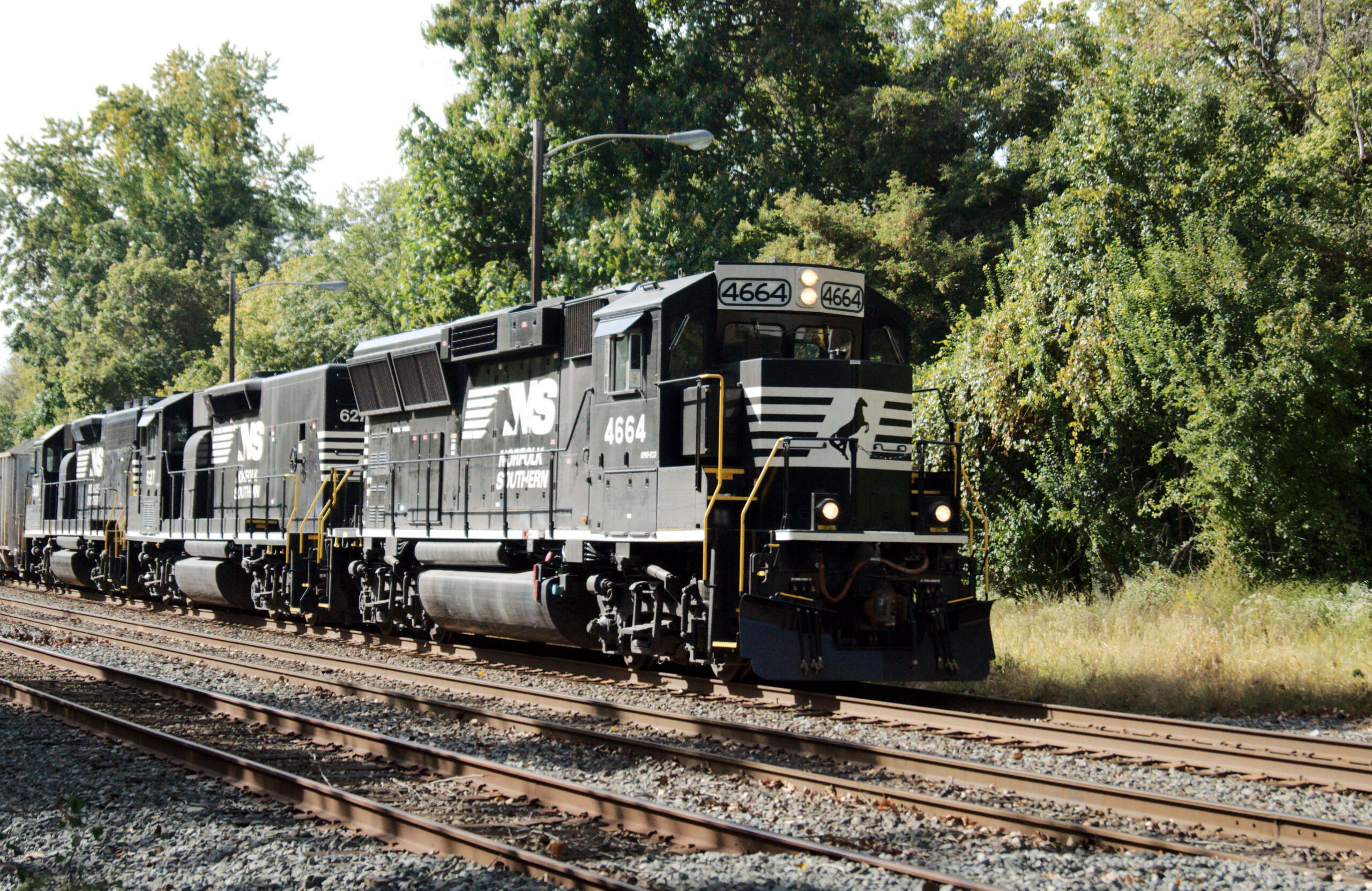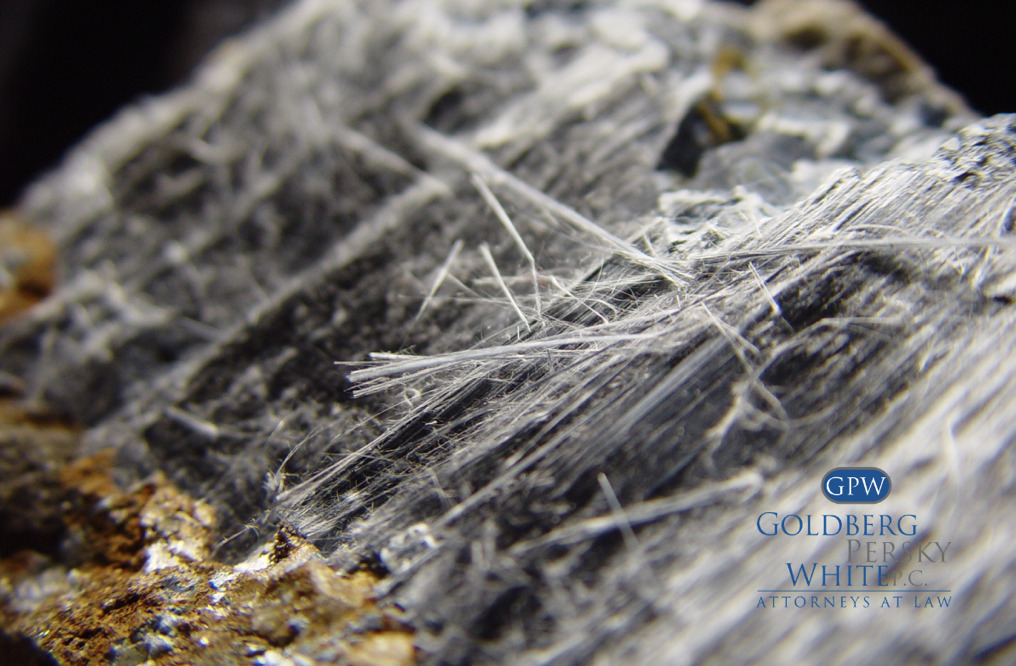Asbestos Scandals Involving The Union Carbide Corporation
Asbestos was once used for its heat-resistant and insulating properties. Over time, it was discovered that asbestos exposure could cause serious health problems, including lung cancer, mesothelioma, and asbestosis. Despite this, many companies continued to use asbestos in their products, leading to numerous scandals and lawsuits. One such scandal involved the Union Carbide Corporation, a U.S.-based company that was once a major player in the chemical industry.
Union Carbide Corporation was founded in 1917 and quickly became a leading manufacturer of chemicals, plastics, and other products. Over the years, the company used asbestos in a variety of products, including insulation, gaskets, and cement. However, despite the known health risks associated with asbestos exposure, Union Carbide continued to use the mineral in its products for decades.
The first sign of trouble for Union Carbide came in the 1970s, when workers at the Texas plant developed lung problems. This led to a series of lawsuits and investigations, which revealed that Union Carbide had known about the dangers of asbestos for years but had failed to warn its workers or take adequate safety measures.
The scandal reached a boiling point in the 1980s, when it was discovered that Union Carbide had also been using asbestos in products sold to the U.S. military. This led to widespread concern about the health of military personnel and their families, who may have been exposed to asbestos while living in military housing or using military equipment.
In 1985, Union Carbide agreed to pay $3.2 million to settle a lawsuit brought by the U.S. government over its use of asbestos in military products. In the years that followed, Union Carbide faced numerous lawsuits from workers and their families who had been exposed to asbestos, as well as from communities near its plants who claimed to have been affected by asbestos pollution.
Perhaps the most infamous of these lawsuits was the Bhopal disaster, which occurred in India in 1984. Union Carbide owned a plant in Bhopal that produced pesticides, and on December 3, 1984, a gas leak from the plant killed thousands of people and injured hundreds of thousands more. The cause of the leak was found to be a faulty safety system, which Union Carbide had neglected to fix despite repeated warnings.
The Bhopal disaster remains one of the worst industrial accidents in history, and Union Carbide’s handling of the aftermath was widely criticized. The company initially tried to downplay the severity of the accident and refused to take responsibility for the deaths and injuries that had occurred. In 1989, Union Carbide agreed to pay $470 million to the Indian government as compensation for the disaster, but many felt that this was not enough.
In 2001, Union Carbide was acquired by Dow Chemical, and the company’s legacy of asbestos use and environmental pollution continues to be a source of controversy and litigation. Although the use of asbestos has declined significantly in recent years, the effects of past exposure continue to be felt by workers and their families, and the battle for compensation and justice is far from over.
If you or a loved one has been impacted by an asbestos-related illness or injury caused by exposure to Union Carbide Corporation’s products, contact Goldberg, Persky & White. With our extensive experience in asbestos litigation, our team of attorneys can provide you with compassionate and personalized representation, and fight tirelessly on your behalf. Contact us today to learn more about your legal options and how we can assist you.




